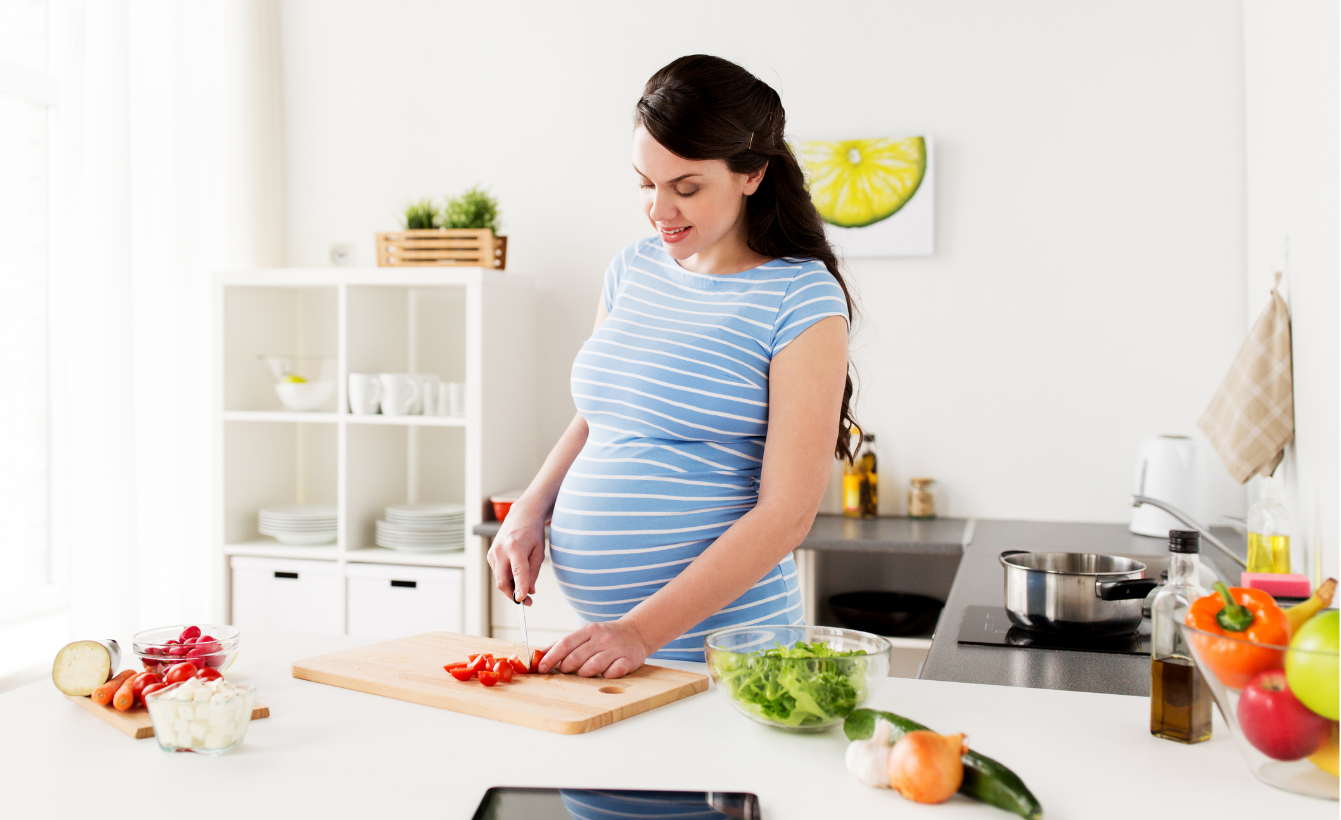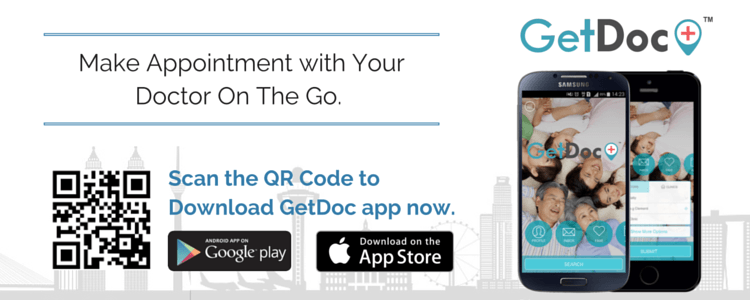SHARES

When it comes to pregnancy, regardless of ethnicity, there are a lot of do’s and don’ts including alternative beliefs, myths and superstitions, being advised by the older generation in the family. In this article, we will discuss a few of do’s and don’ts in the area of nutrition and lifestyle, that are evidence and scientifically based. For a start, the guiding principles to a safe pregnancy with a good outcome, are to eat right and practise a healthy lifestyle.
What is the calories requirement during pregnancy? Shall I eat double the amount?
When you are not pregnant, you normally require around 1800-2200 calories per day. When you are pregnant, generally you will need 2100-2500 calories per day. One glass of iced milo (200ml) with condensed milk is roughly 400 calories.
What are the recommended supplementations during pregnancy?
The following summarises the recommended supplements, the required dosage and brief explanation of each supplement.
- Folic acid 400mcg (0.4mg), to be started 3 months before conception and throughout first trimester – Folic acid is important for the development of babies’ brain and spinal cord. 5mg tablet is the common tablet found in the market, which is more than enough for the requirement.
- Calcium (1000mg) – Calcium is important for the formation of healthy bone and teeth. It may come in different preparations such as: Calcium carbonate, Calcium lactate. It may interfere with the absorption of other supplements such as iron. Therefore, it is recommended to be consumed at different time frame.
- Vitamin D (400IU;800IU in high risk population) – Vitamin D3 is a more effective form of Vitamin D. Vitamin D is important for the body to absorb calcium. Low level of Vitamin D is associated with pre-eclampsia, diabetes, small babies and preterm birth.
- Iron (30mg) – Iron is crucial to produce red blood cells. You may need a much higher dose if you have anaemia. It may come in different preparations such as Ferrous sulphate & Ferrous fumarate. Some mothers may have nausea, vomiting, constipation after taking iron supplement. It is therefore recommended to find the right preparation that suits you. Supplements may be in the form of tablets (chewable or not) or liquid.
- Omega 3 :DHA, EPA (110-300mg) – There is some evidence that it may help with the development baby’s brain and eyes. It can be found in majority of the antenatal supplements in the market.
Is there any Vitamin that I have to be careful not to overdose on?
Yes. Everything should be consumed in moderation. Vitamin A maintains normal vision, support the immune system and help to fight infections. However, intake of more than 700mcg (0.7mg) might be harmful for the baby. If your diets contain liver and liver products, they may contain high levels of vitamin A and should be consumed in moderation.
Is it safe for me to consume seafood?
Seafood may contain mercury. Consumption in moderation should not pose any threat.
| Seafood Associated with High Mercury Content | Seafood Associated with Low Mercury Content |
| · Shark
· Swordfish · king mackerel · Tile fish |
· Shrimp
· Salmon · Canned light tuna · Pollock · Catfish |
Can I eat cheese and drink fresh milk?
The answer will be yes and no. The main concern is due to an infection called Listeriosis. It is an infection caused by a bacterium known as Listeria. During pregnancy, it is advised to drink only pasteurized or UHT milk. As for cheese, only consume hard cheeses such as Cheddar or cottage cheese and processed cheese. Food to avoid includes:
- ripened soft cheese e.g. Camembert, Brie, blue-veined cheese
- Pate (including vegetable pate)
- Uncooked or undercooked ready-prepared meal
Can I eat raw or partially cooked meat?
The answer is no. Salmonella infection, which is caused by a bacterium known as salmonella, may occur if consume raw or partially cooked eggs or food (such as mayonnaise) and raw or partially cooked meat. Symptoms may include fever, diarrhoea, and abdominal cramps.
Can I keep pets?
It is fine to keep pets if hygiene is properly maintained. Regular and thorough hand cleaning is a must especially after cleaning the droppings (especially cats’) as it may contain parasite such as toxoplasma gondii. Toxoplasmosis is an infection caused by such parasite. During pregnancy, it can cause miscarriage, stillbirth or damage to the baby’s organs such as the brain and the eyes.
Can I consume alcohol?
It is best if you can avoid alcohol throughout the pregnancy. However, if you choose to drink, drink no more than 1-2 UK units once or twice a week. Avoid drinking in the first 3 months of pregnancy as it increases miscarriage risk. 7.5 UK units on single occasion may be harmful to unborn baby.
1 unit = 1 shot of hard liquor or half a pint of beer or small glass of wine
Can I drink coffee or tea during pregnancy?
High level of caffeine is associated with low birthweight. There is no need to cut caffeine out completely, but it is advisable to limit to no more than 200mg a day.
| Food / Drinks |
Caffeine Content |
| 1 mug of instant coffee |
100mg |
| 1 mug of filter coffee |
140mg |
| 1 mug of tea |
75mg |
| 1 can of coke |
40mg |
| 1 can of energy drink |
80mg |
| 1 bar of plain chocolate |
50mg |
| 1 bar of milk chocolate |
25mg |
Can I smoke during pregnancy?
Smoking itself is harmful regardless if one is pregnant or not. It is associated with low birthweight baby and preterm birth. If you are an active smoker, talk to your doctor and consider nicotine replacement therapy
Can I fly on a plane during pregnancy? What are the risks associated with air travel?
Long haul air travel increases risk of venous thrombosis (blood clots in blood vessels). For each 2 hour increase in flight duration, you have 18% higher risk of developing venous thrombosis. The absolute incidence of symptomatic venous thromboembolism is 1 in 4600 flights of 4 hours duration. You are advised to wear correctly fitted compression stockings and stretch your legs at least every 2 hours to reduce the risk of venous thrombosis.
You are advised to avoid air travel from 37 weeks of gestation. If your pregnancy is twin pregnancy or more, you are advised to avoid air travel from 32 weeks of gestation.
Is there any precaution if I am traveling by car?
It is important to wear the seatbelt above and below the bump but not over it. “Three-point seatbelts”
Dr Tan Cheng
MBChB (Bristol, UK), MRCOG (London, UK)
Consultant Obstetrician & Gynaecologist
Tung Shin Hospital, Jalan Pudu, Bukit Bintang, KL
Further reads: Common Causes of Bleeding Between Periods [Part 2]
Find an Obstetrician & Gynaecologist in Malaysia, on GetDoc
Find an Obstetrician & Gynaecologist in Singapore, on GetDoc
by Nashvini Rachel
View all articles by Nashvini Rachel.





